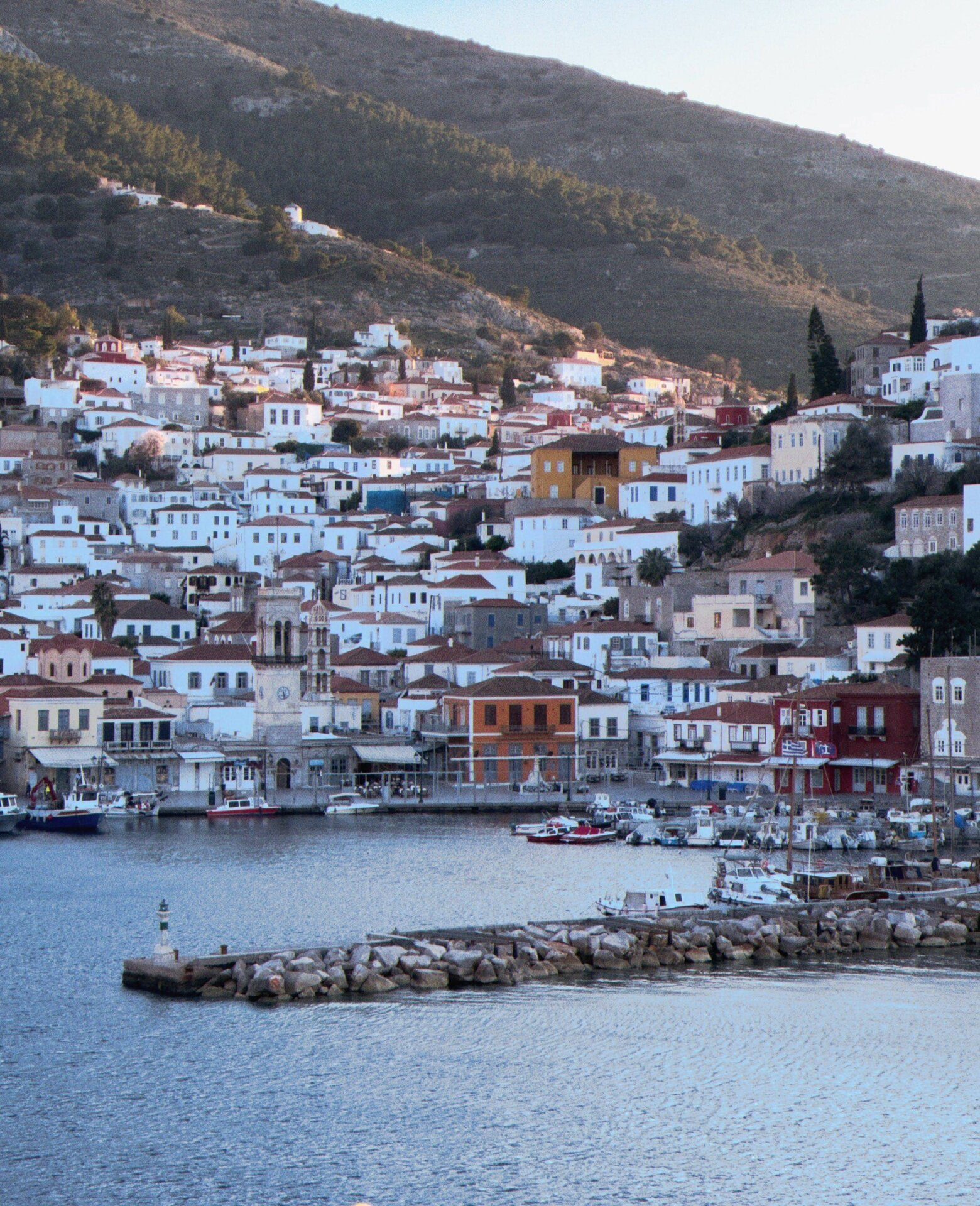I recently finished The Odyssey, where after 20 years of journeying, Odysseus finally returns to Ithaca. If you are a traveler at heart like me, I’m sure you’ve felt that desire to return to your own Ithaca at some point.
It’s a feeling that comes and goes like the wind.
You want to be close to your loved ones. You want to walk the streets you used to roam as a child. To rediscover the places that made you happy. And those where you learned something important.
We travelers are always caught between the desire to leave and the desire to return. The sea calls us, offering adventures, and once we are on the boat, we long for home. This always leaves a bittersweet taste in our mouths. Because without a doubt, we all have our Ithaca.
And without it, we wouldn’t be who we are.
At the same time, you realize that it doesn’t matter what your Ithaca is. Because what’s important is not where you end up, but the journey in between. Because there isn’t just one Ithaca, there are many.
Reading The Odyssey made me understand that Ithaca isn’t where you were born, but where those you love are. And it also reminded me of this poem by Konstantinos Kavafis:
As you set out for Ithaka
hope your road is a long one,
full of adventure, full of discovery.
Laistrygonians, Cyclops,
angry Poseidon—don’t be afraid of them:
you’ll never find things like that on your way
as long as you keep your thoughts raised high,
as long as a rare excitement
stirs your spirit and your body.
Laistrygonians, Cyclops,
wild Poseidon—you won’t encounter them
unless you bring them along inside your soul,
unless your soul sets them up in front of you.Hope your road is a long one.
May there be many summer mornings when,
with what pleasure, what joy,
you enter harbors you’re seeing for the first time;
may you stop at Phoenician trading stations
to buy fine things,
mother of pearl and coral, amber and ebony,
sensual perfume of every kind—
as many sensual perfumes as you can;
and may you visit many Egyptian cities
to learn and go on learning from their scholars.Keep Ithaka always in your mind.
Arriving there is what you’re destined for.
But don’t hurry the journey at all.
Better if it lasts for years,
so you’re old by the time you reach the island,
wealthy with all you’ve gained on the way,
not expecting Ithaka to make you rich.Ithaka gave you the marvelous journey.
Without her you wouldn’t have set out.
She has nothing left to give you now.And if you find her poor, Ithaka won’t have fooled you.
Wise as you will have become, so full of experience,
you’ll have understood by then what these Ithakas mean.
